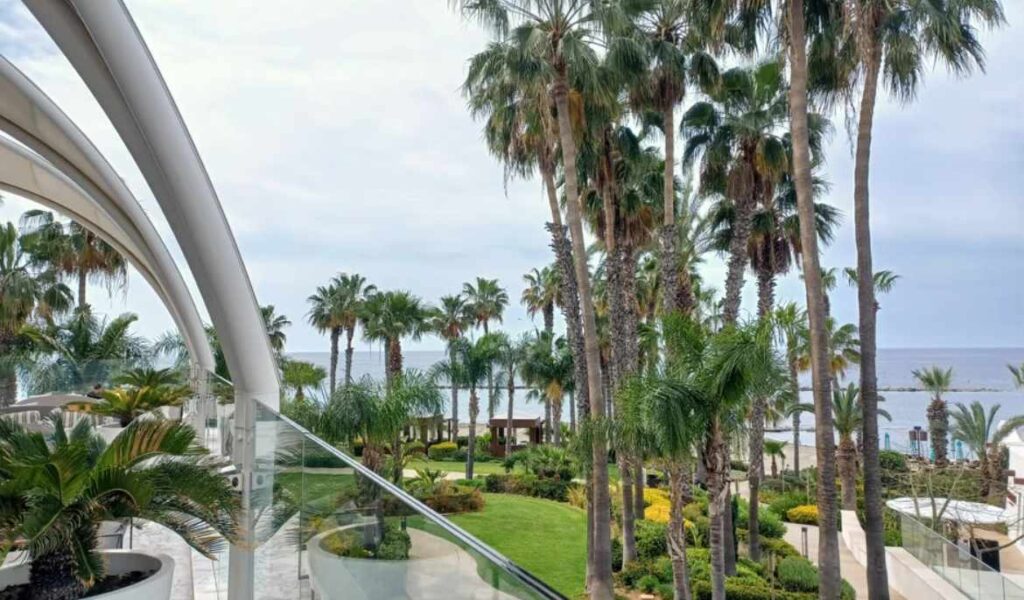The Cyprus Hoteliers Association (Pasyxe) on Monday reported a strong increase in hotel bookings during the current period ahead of Easter, reflecting heightened demand across the island.
Speaking to the Cyprus News Agency (CNA), Pasyxe director general Christos Angelides said there has been “increased activity in hotel bookings in recent weeks due to the coinciding of Orthodox, Catholic and Jewish Easter,” as well as stronger demand expected through to April 25.
He added that “based on current data, a slight dip in bookings is anticipated after that period, although demand is expected to recover from early May”.
When asked about hotel occupancy rates, Angelides stated that “in the Paphos region, occupancy is between 70 and 80 per cent“.
“In the Famagusta region,” he continued, “occupancy stands between 60 and 70 per cent, while the Larnaca region is slightly above 70 per cent, due both to the presence of the airport and the increased interest in the city itself”.
Commenting on the origin of visitors, he said that the main markets for Cyprus continue to be the United Kingdom, Poland, Germany, Israel, and the Scandinavian countries, which together “represent approximately 60 to 70 per cent of the total number of visitors”.
Asked for his assessment of this year’s tourist season, Angelides said that “pre-bookings represent 6–7 pe rcent for the entire summer”.
He also said that “the association continues to take a cautious stance given the ongoing developments in global trade wars, which could impact travel behaviour”.
On the topic of hotel preparedness, particularly in terms of desalination units, he said that despite several technical challenges, it would be “highly beneficial if the units were installed before the end of the current tourist season”.
“We hope that hotel units will be able to secure desalination units by September, even October,” he said.
“There is interest from hoteliers, but also difficulty in sourcing the units, as it takes 6–8 weeks to manufacture them, with orders coming from countries such as Israel, France and Greece,” Angelides added.
What is more, he stated that “the water challenge will certainly be significant“.
“We want to combine desalination with renewable energy sources, but to achieve this, there must be storage capability for stable energy supply and protection of the desalination units,” he mentioned.
“Pasyxe”, he added, “is in contact with the Agriculture Ministry to contribute to these efforts.”
Finally, Angelides said that “the association expects to have a clearer picture of the season’s outlook within the next two weeks, as the effects of trade wars on national economies and the disposable income in Cyprus’ key markets will become more evident”.



